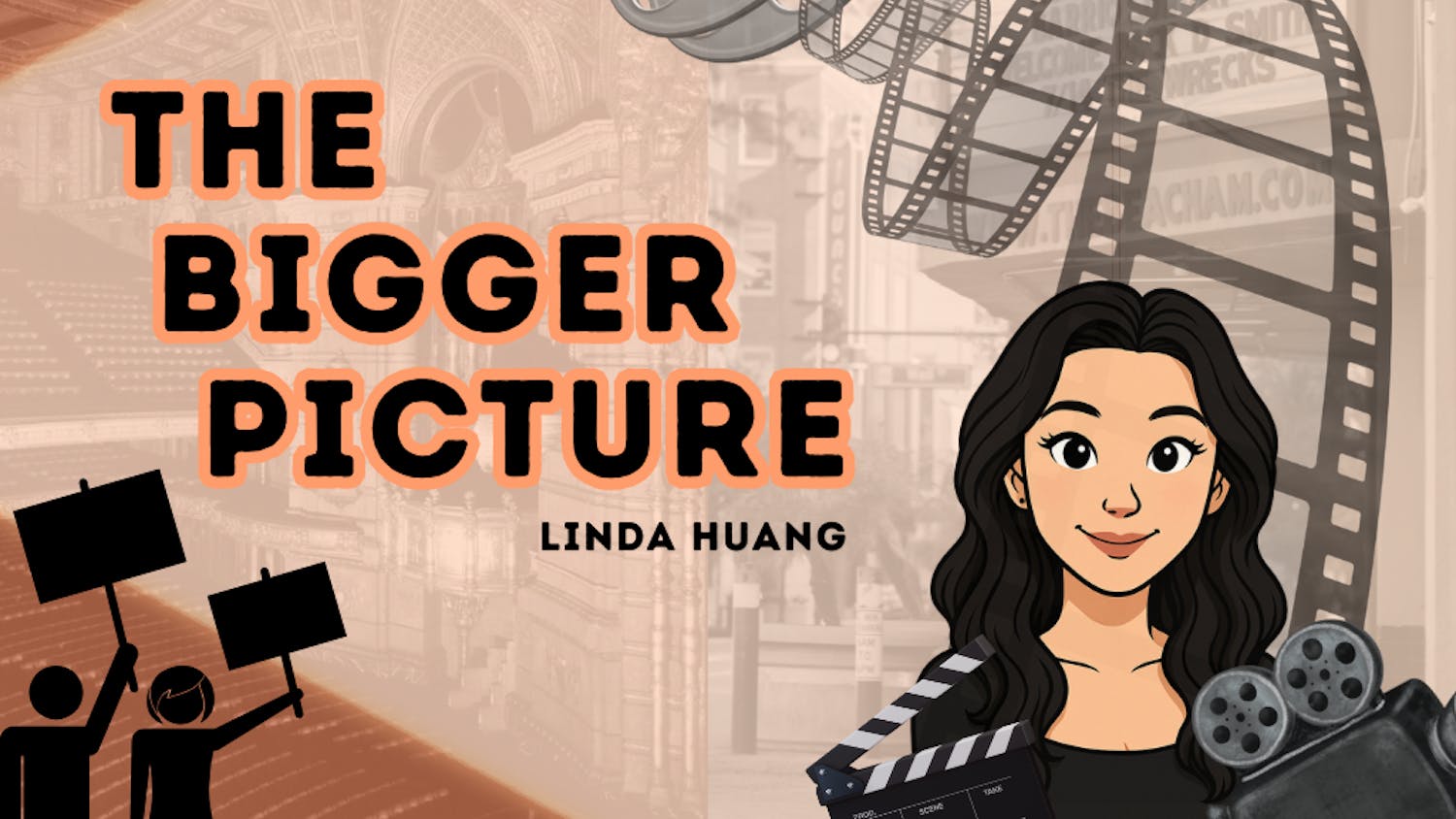I wasn’t supposed to enjoy the poem as much as I did. That’s the sense I got when I first read “The Love Song of J. Alfred Prufrock” (1915) as an assignment for my AP English class. The famous poem by T.S. Eliot is filled with obscure allusions, and the images are jarring. (Eliot compares the expanse of the evening sky to “a patient etherized upon a table.”) When my group presented our analysis of the poem to a few rows of sleepy classmates, they stared back disinterestedly.
But I never forgot the poem’s speaker. I carried him around with me -- this bizarre man named J. Alfred Prufrock, who muses and obsesses but doesn’t do anything. His words came to me spontaneously, in conversation with a friend or in the shower, even though I had only read the poem a couple of times. “I have measured out my life with coffee spoons,” Prufrock says. He wonders, “Do I dare / Disturb the universe?” I thought he captured, perfectly, the anxiety of living. I was often scared as a child. I had nightmares for weeks in a row and obsessed during the day over illnesses I might get. I dreaded saying goodbye to my parents, worried something would happen to them at the grocery store. My central fear, from which the others stemmed, was that the world is an unpredictable place.
As I’ve grown older, there have been entire years when I’ve slid easily by — when the sky has been the sky (not an etherized patient), when the universe has been expansive and warm (not a careful balance that I might disturb). But there have also been weeks and months when fear has crept out of the corner like a forgotten party guest, struck up a conversation with me and lingered.
“And indeed there will be time,” Eliot writes repeatedly in “The Love Song of J. Alfred Prufrock.” It’s the kind of thing I might say to myself on a Sunday morning, when I realize that I can turn off my alarm and go back to sleep for an hour. But when Prufrock repeats, “And indeed there will be time,” the sentiment is not comforting. He seems to be saying: There will be more time to worry. There will be more days to ache with the weight of not knowing what to do.
Poetry has the power to make us feel good — that’s what I love about it. But something I appreciate equally is that poetry doesn’t require the reader, or the poet, to come to the page feeling good.
The best piece of advice Eliot has given me is not a typical mantra, but I walk around sometimes repeating it as if it were: “And in short, I was afraid.” That line appears quietly near the middle of “The Love Song of J. Alfred Prufrock,” stated only once yet somehow anchoring the poem. I think it’s beautiful: to say what we have all felt and to say it so simply.
More from The Tufts Daily
Worth Going Broke?: Heaven in a sandwich
By
Eloise Bernstein
| February 13
The Bigger Picture: ‘When Harry Met Sally…’
By
Linda Huang
| February 13
Serve & Survey: Cupid’s dilemma
By
Jaylin Guzman
| February 13





